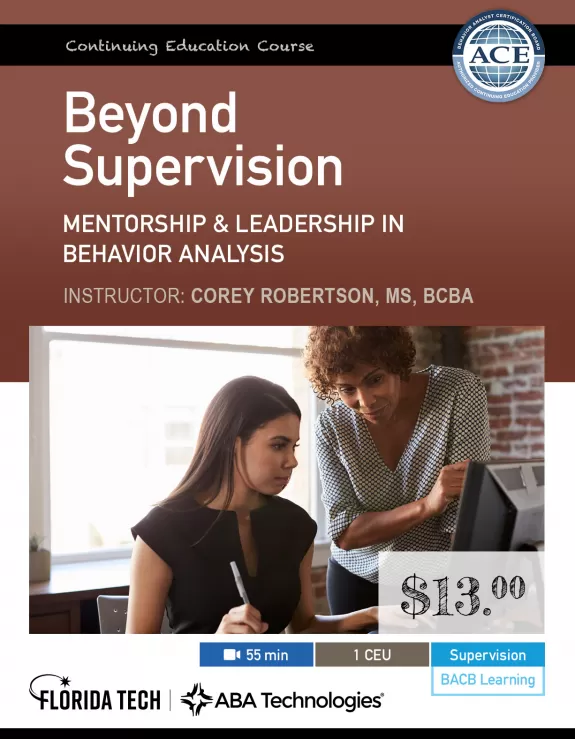Hearing, Listening and Auditory Imagining
Abstract
Are you a behavior analyst primarily focused on analyzing public events? It’s not uncommon to shy away from the human’s internal world and skip important private events. But, the internal world of hearing, listening, and imagining are just as robust as what is visible through direct observation. Hank Schlinger, PhD, proposes a more in-depth look at why you should have more consideration for private events. With the concepts of Skinner’s Verbal Behavior, Schlinger brings listening as behaving, consciousness as being taught, and imagining as a form of perceptual behavior in the forefront for behavior analysts. His insight on the topic provides the needed perspective to analyze your clients’ behavior and identify its function.
Learning Objectives
What you’ll learn in the course and be able to do afterward
- With a clear definition of behavior analysis and its philosophical assumptions, you will
- identify Skinner’s arguments in The Operational Analysis of Psychological Terms (Skinner, 1984);
- compare and contrast traditional and behavioral views of sensation and perception, imagining, and auditory imagining.
- Using Skinner’s definitions of speaker and listener in Verbal Behavior you will learn to
- describe what occurs when we are listening;
- understand the difference between the behavior of the listener and listening as verbal behavior.
- After the section on brain-imaging research, you will know
- why imagining could be argued as a behavioral and not a cognitive process;
- how this evidence could impact auditory hallucinations (i.e. in schizophrenics).
Partnership
This course is delivered through Florida Tech. Clicking "Enroll Now" will take you to Florida Tech’s website where you can Add to Cart, Checkout, and complete the course. Come back to our website for podcasts, blogs, courses, and content.




